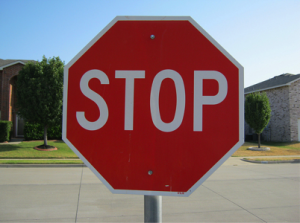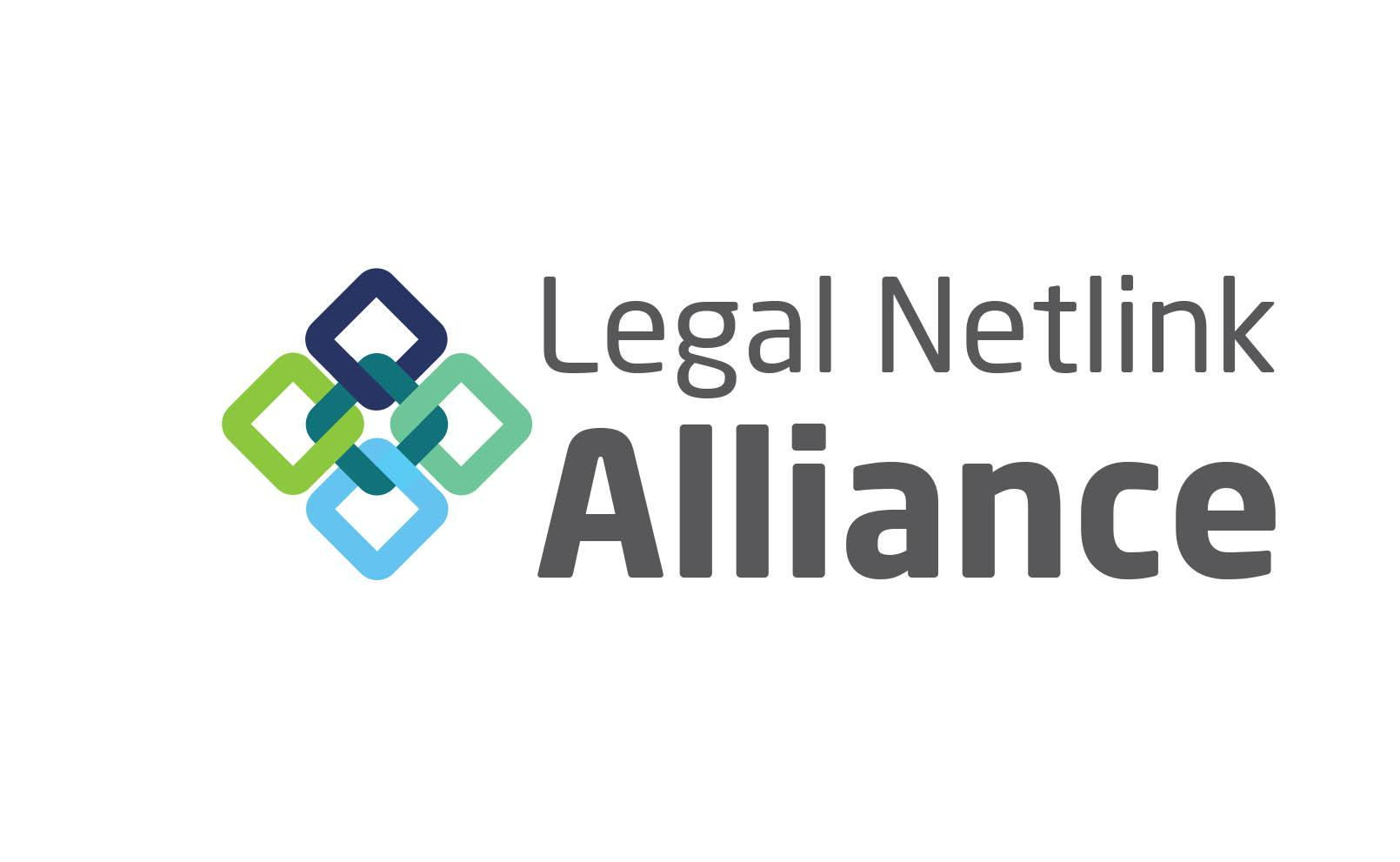What happens if you violate a sign in a parking lot which imposes a maximum speed limit or suggests that you must stop? The answer is very clear. It depends. The law on this topic is about as clear as some of the faded parking spot lines. If you violate a state criminal statute like driving under the influence or leaving the scene of an accident, you may warrant a ticket anywhere in the state. If your offense is more innocuous such as blowing a parking lot stop sign you could possibly still be subject to a ticket if the local municipality for the lot has included driving in private parking lots in its ordinances. Some cities have and some have not. Kansas City, Missouri, and Lee’s Summit generally don’t speak to the issue and therefore the traffic laws of those cities presumably might not apply. Other cities, such as Olathe, have specifically included private parking lots within their traffic ordinances. 
Photo credit: Clover Autrey / Foter / CC BY
The best bet is to consider all traffic laws applicable on private lots as well as municipal or state property. In every case the laws of negligence will apply, so if you are responsible for an accident or injury because you didn’t look before you backed up, or ran a stop sign at a pedestrian crossing, you may be facing civil liability and an increase in your insurance rates. Your car might be towed from a private lot if there is a sign conspicuously warning that there is no parking without a permit and violators might be towed, but do not, however, fall for the gimmick that some private parking lot owners employ by issuing “parking tickets” with mail-in fines, since these fines are unenforceable.

